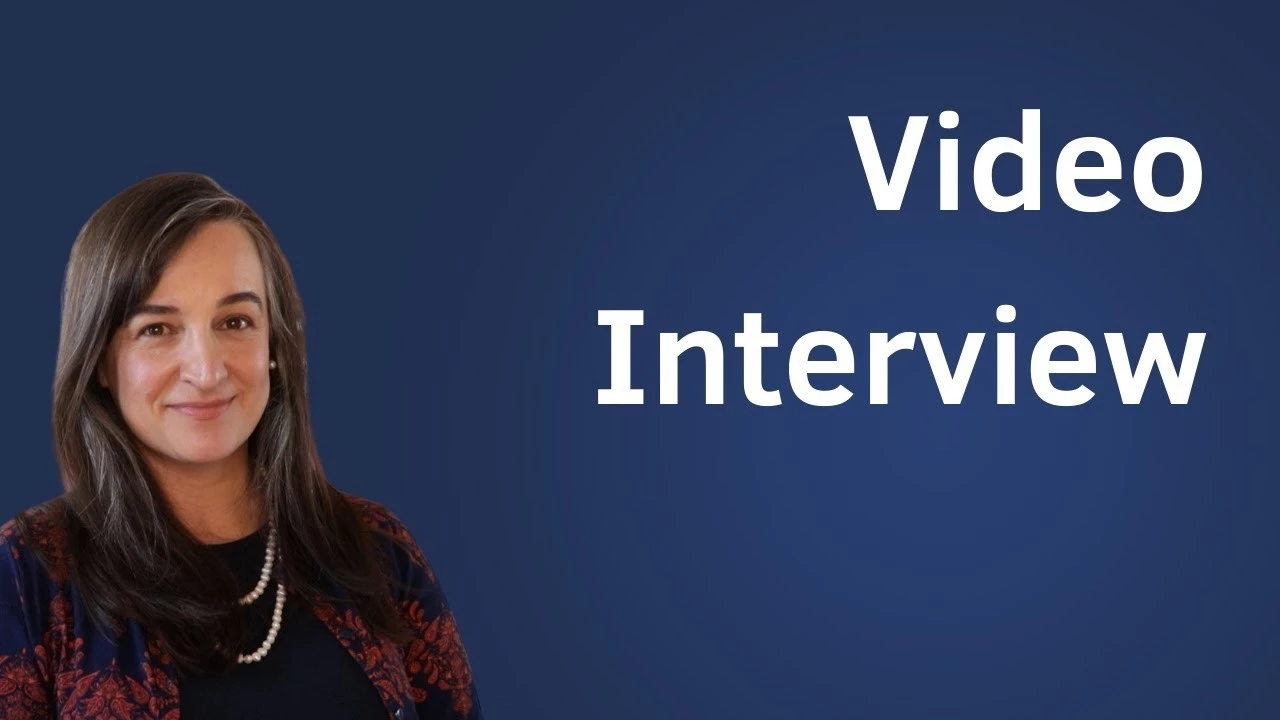Episode 9 - What Is a Video Interview and How to Prepare for It

This episode is an interview with Brooke Young. Brooke has over 25 years of experience across higher education, management consulting, and the not-for-profit sector, where she delivered a range of strategically focused projects in the areas of marketing, digital solutions, organizational redesign, managed services, and graduate employment. Brooke has held Senior Executive roles at the University of Melbourne, Victoria University, and Monash College. She is currently the President of the Aussie Hands Foundation and an Affiliate at Mercer.
Here is what we discussed about video interviewing:
how different and how similar it is to traditional interviewing
how to prepare for it
what it looks in the back end for recruiters assessing candidates
what it means for the future of job hunting
Resources mentioned in this episode
Transcript of this episode
About the Host
Hello, I’m Renata Bernarde, the Host of The Job Hunting Podcast. I’m also an executive coach, job hunting expert, and career strategist. I teach professionals (corporate, non-profit, and public) the steps and frameworks to help them find great jobs, change, and advance their careers with confidence and less stress.
If you are an ambitious professional who is keen to develop a robust career plan, if you are looking to find your next job or promotion, or if you want to keep a finger on the pulse of the job market so that when you are ready, and an opportunity arises, you can hit the ground running, then this podcast is for you.
In addition to The Job Hunting Podcast, , on my website, I have developed a range of courses and services for professionals in career or job transition. And, of course, I also coach private clients.
Contact Renata Bernarde
I’m determined to help you! I want you to feel empowered, nail your next job, and have the career you want.
My free resources for job hunters: The Optimized Job Search: Weekly Schedule & Masterclass.
Learn more about my services, courses, and group coaching: RenataBernarde.com
